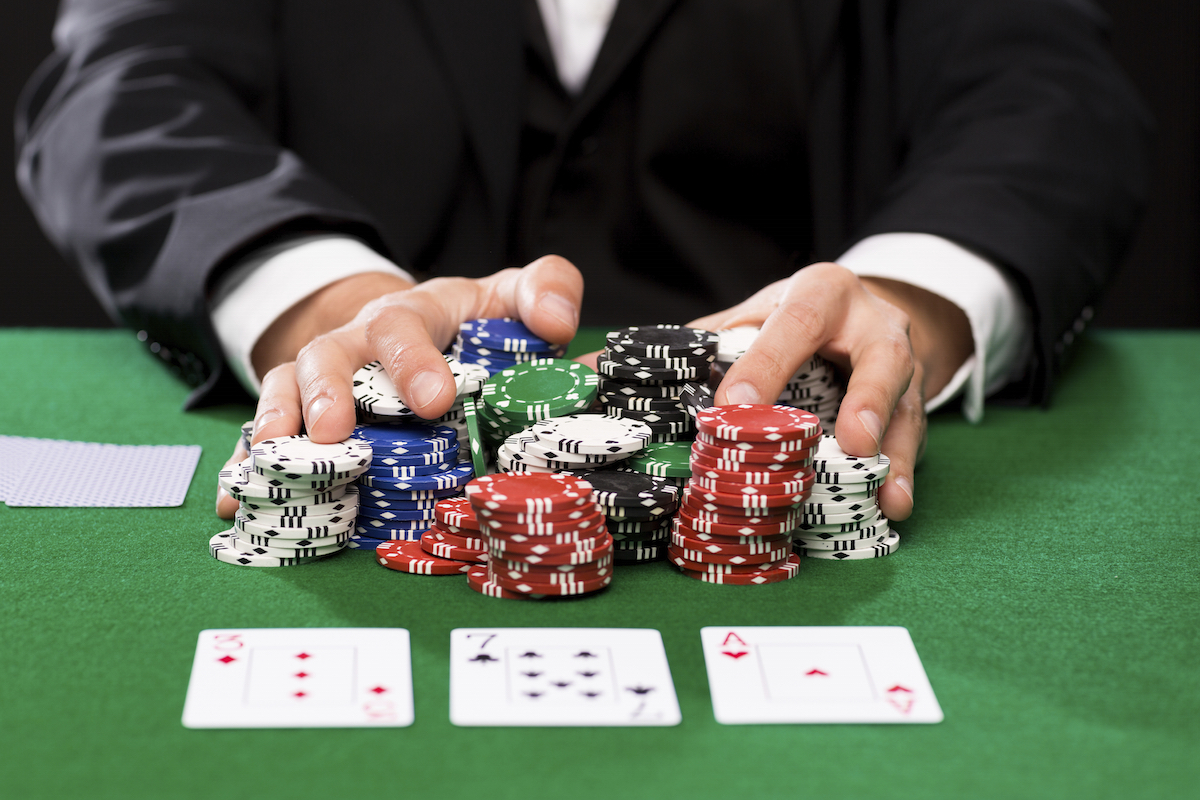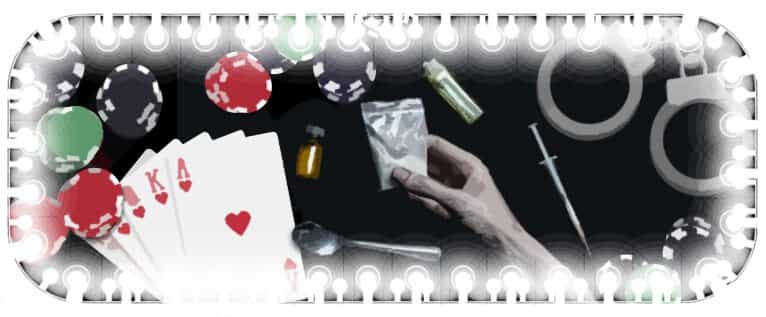Compulsive Gambling Disorder Treatment
Compulsive gambling is a damaging disorder that destroys families, reputations, and finances. The best gambling addiction treatment programs provide individuals with multidisciplinary approaches. Individuals who abuse alcohol or drugs may also need help quitting those substances. Not every addiction treatment program is qualified to help individuals addicted to gambling, though. Choosing the best gambling problem treatment means finding a rehab center that specializes in compulsive gambling recovery.





Things to Consider When Choosing a Compulsive Gambling Treatment Program
Gambling addicts often respond to gambling in the same biochemical way individuals who use alcohol and drugs do. Getting the same rush means taking bigger and bigger risks. Obsessive thoughts take over, and gambling becomes the sole focus of the struggling individual’s life. Even when severe consequences result from gambling, the affected individual is unable to stop. The right compulsive gambling treatment program should:
Compulsive Gambling Disorder Treatment Plan
- Provide psychological treatment and pharmacological intervention, if necessary. Individuals with compulsive gambling disorder may find symptomatic relief through one-on-one therapy. Certain medications, such as non-addictive antidepressants and mood stabilizers, may also be helpful during compulsive gambling treatment. Seek out programs that employ qualified professionals with experience treating compulsive gambling.
- Diagnose and treat a co-occurring disorder. Many individuals with addiction also suffer from a preexisting, co-occurring disorder such as depression, anxiety, or schizophrenia. This is called dual diagnosis. Individuals with dual diagnosis use the addictive behavior to escape the symptoms associated with the underlying mental health disorder. It is not always easy to identify dual diagnosis, either, because addicted people often develop symptoms that mimic depression and anxiety. If you suspect a preexisting mental health disorder exists, you will need a rehab program that treats dual diagnosis.
- Provide cognitive behavioral therapy (CBT). Cognitive behavioral therapy is a customized, short-term therapy that teaches practical techniques to cope with cravings, deal with stress, and avoid dangerous triggers. It also helps people change persistent thought patterns from negative to positive. CBT is one of the most popular and effective addiction treatments in use today.
- Offer substance abuse treatment. Many individuals with compulsive gambling addiction also abuse drugs or alcohol. If drinking and drug use accompany gambling, you will need a program that can help with both problems. Consider rehab centers that feature medically assisted detox and counseling, as well as access to support groups such as Alcoholics Anonymous and alternative SMART Recovery.
- Provide access to alternative and 12-Step-based gambling self-help groups. Many people find lasting relief through support groups such as Gamblers Anonymous, while others prefer organizations such as SMART. If you are not sure which approach to use, find a rehab center that gives you access to a variety of options.
Compulsive Gambling Disorder Treatment Guidelines
Compulsive gambling is a damaging disorder that destroys families, reputations, and finances. The best gambling addiction treatment programs provide individuals with multidisciplinary approaches. Individuals who abuse alcohol or drugs may also need help quitting those substances. Gambling-Related Problems An Evidence-Based Treatment Guide for Clinicians David A. Korn University of Toronto Howard J. Shaffer Harvard Medical School, Division on Addictions Developed by the Massachusetts Council on Compulsive Gambling January, 2004. These therapies and services are available through professional treatment programs that specialize in addressing compulsive gambling, with or without a co-occurring substance use disorder. Treatment may take place at an inpatient facility, where 24-hour supervision and support are provided, or at an outpatient rehab program, which offers. The treatment of compulsive gambling usually uses more than one approach, including psychotherapy, medication, financial counseling, support groups, 12-step programs, and self-help techniques. The prognosis of recovery from compulsive gambling is encouraging with treatment. A brief treatment might include a gambling disorder screen, information about harmful consequences of excessive gambling, or simply advice for reducing gambling-related harm. Studies of brief advice suggest that it is associated with clinically significant changes in gambling behavior.
Recover From Gambling Addiction
Gambling addiction is a disorder that has associated with alcoholism, depression and other co-occurring disorders. Recovering is possible, and those who engage in comprehensive treatment often achieve a positive outcome. Rehab may include intervention for substance abuse or another mental health disorder and behavioral therapy. With aftercare and a commitment to long-term self-help group participation, the outcomes improve even more.